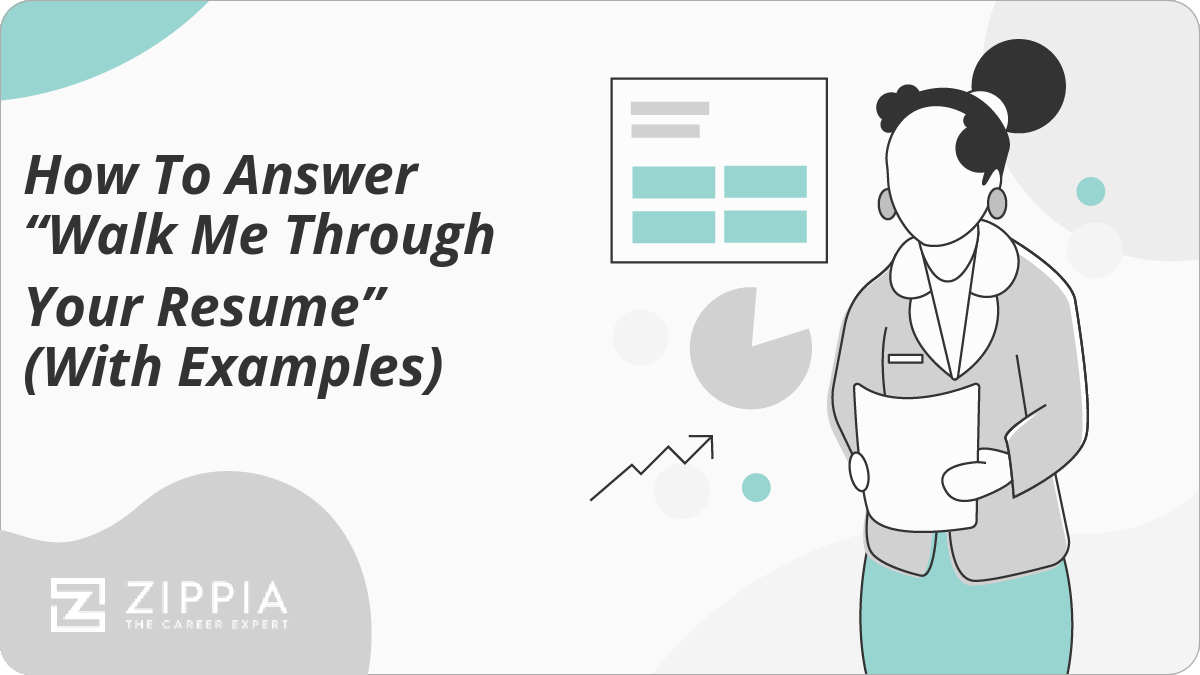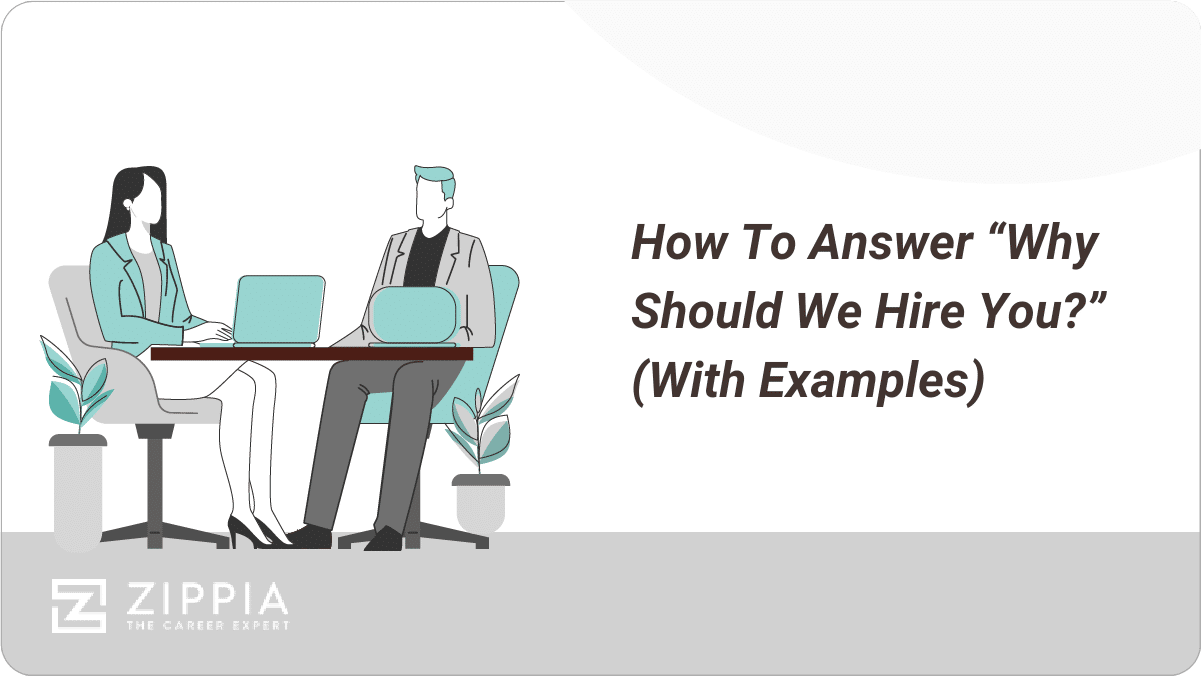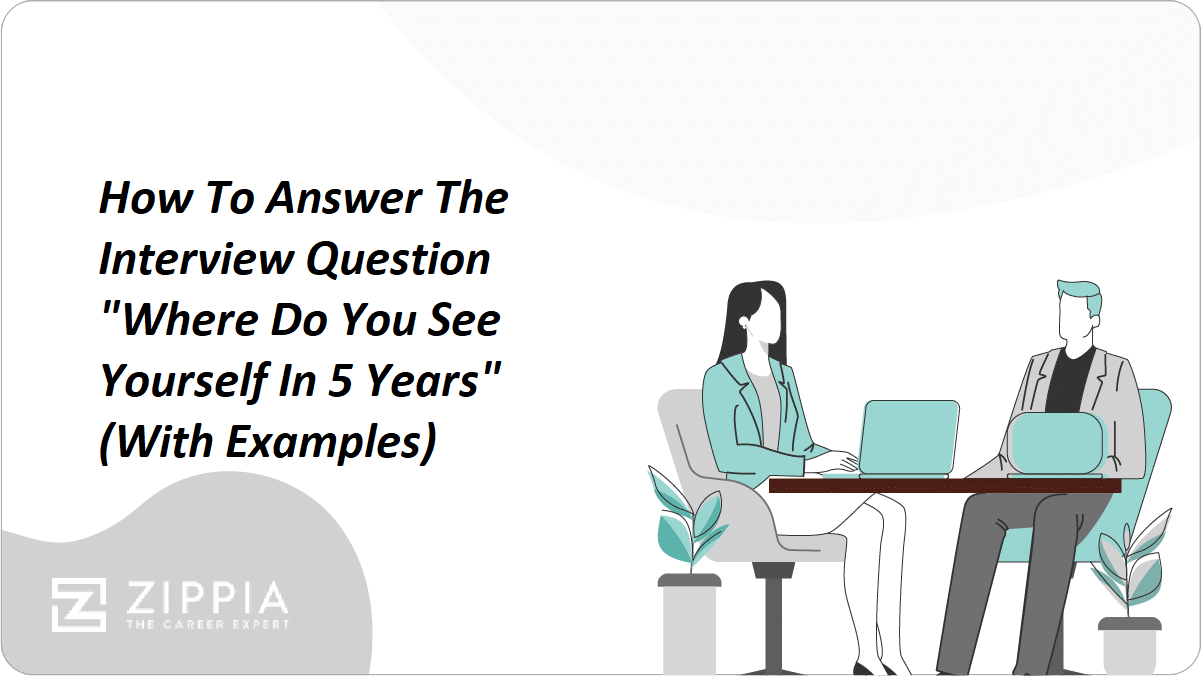- Job Specific Questions
- Why Do You Want To Be A Teacher?
- Why Do You Want To Be A Doctor?
- Police Officer Interview Questions
- Why Do You Want To Be A Police Officer?
- Why Do You Want To Be An Accountant?
- Sales Interview Questions
- Interview Questions For Managers
- Retail Interview Questions
- Teacher Interview Questions
- Accounting Interview Questions
- Teaching Philosophy Examples
- Management Philosophy Examples
- Leadership Philosophy
- What Does Customer Service Mean To You
Find a Job You Really Want In
Summary. Common questions asked at a police interview will be “why do you want to be a police officer?” and “Why do you think you’re the best candidate for the job?” When you are answering questions during your interview it’s important that you answer in a honest and direct, professional manner.
Interviewing for a position as a police officer presents unique challenges and lines of questioning. Due to the severe nature of the job, the interview process will often involve specific questions to evaluate their success in the field, in addition to the standard questions you may receive in any other job.
Preparing for the police-based questioning can help you excel in a law-enforcement interview.
Key Takeaways:
-
Be ready to answer the question “Why do you want to be a police officer?” by thinking of your reasons ahead of time.
-
Answer questions in a direct, professional manner.
-
Maintain focus during the interview.
-
Highlight your belief in serving the public.

Police Officer Interview Questions And Example Answers
While it’s almost certain that you’ll be asked why you want to become a police officer in an interview, you will be asked many others as well. Consider the following common questions that will be asked during a police offer interview.
-
Why do you want to work as a police officer? One of the questions you’ll almost definitely face during an interview for a law-enforcement position is why you want to work as a police officer. Much like with any job, the employer wants to know your motivations for taking this career route and if this lines up with what they’re looking for in a candidate.
How to answer. When evaluating your answer to this question, you should do some serious introspection into what drove you to become a police officer. While you should be honest in your inspiration for going into a law-enforcement career, also take the time to consider the answers they’re looking for.
Example.
“I want to be a police officer because I want to serve my community. I value my role as a public servant to promote safety. I think my skills in communication and teamwork complement my interest in policing. Many jobs can help a community, but by being a police officer I can be one that has immediate results everyday.”
-
Why do you want to work at this law-enforcement agency? While this question seems similar in wording to why you want to become a police officer, it’s actually completely different in the answer it’s seeking. This question is asking about your former research and knowledge of their particular agency, and what about them specifically makes you want to work there.
How to answer. While your answer can include some of the components of what motivates you towards pursuing a law-enforcement career, it should focus on this agency in particular. This question is posed to weed out the applicants who haven’t done their homework, so make sure that your reasoning is specific to their organization.
Background knowledge of the agency’s accomplishments and goals can put you ahead of the competition when answering this question.
Example.
“When looking into the Brookside Police Agency, I discovered that your team had handled more DUI cases than any other in the entire county. I’m very passionate about working on this social issue because my brother was involved in an accident with a drunken driver and was severely injured. It was what first inspired me to pursue a career in law enforcement. I believe working as a police officer on your task force can bring a lot of good to the community.”
-
Tell me about your former police chief. In the law-enforcement realm at any level, you’ll have to deal with a lot of different people, and one of them will be your police chief.
An interviewer may be interested in how you describe your relationship with your former supervisor because it gives a lot of insight into how you may behave if hired.
How to answer. The hiring manager will be listening closely to how you talk about your former police chief. You should focus on the most positive aspects of your last position and supervisor.
An interview is used to evaluate who you are as a candidate, not who your last boss was. This means that sounding overly negative and critical of your previous boss will only reflect poorly on you.
Example.
“My last job was my first position as a law enforcement officer, so I owe a lot of my current experience on the job to my former police chief. He is a man who believes in the power of the justice system, and he instilled this code of ethics in his entire team. Many people on my team considered him strict, but I think that helped me learn a lot. I have a great deal of respect for my last police chief.”
-
Why did you leave your last position? Similarly to the last question, an interviewer will ask this question when evaluating a candidate for a law-enforcement position because how they answer it says a lot about their character and behavior. Discussing why you left your last job can be tough, and articulating the reason professionally can reflect very well on you as a potential officer.
How to answer. While you shouldn’t be dishonest in your answer to this question, you should be strategic. Your last position may have ended on bad terms, but you don’t want to present this as your reason for the parting of ways. Try to figure out a way to explain the reason for your departure in a positive way.
Example.
“I’d been working in my last position for about six years before I decided it was time to move on to a new opportunity. I loved working with my law-enforcement agency and gained a lot from the position. However, I wanted to move my family to a new city and follow my long-term dreams of becoming a homicide detective. That’s why I decided to apply for this position.”
-
How would you handle an officer committing a crime? This question may be jarring for many interviewees hoping to land a position as a police officer because it’s such a negative circumstance. After all, a member of your law-enforcement team committing a crime is a worst-case scenario.
An interviewer will ask this question to measure a candidate’s principles on the job and if their plan of action is what they’d want their staff to do.
How to answer. The interviewer wants to understand how you’d honestly react to this circumstance.
A career as a police officer is unique because it requires a heightened sense of morality, regardless of workplace friendships. The answer to this question should heavily focus on doing the right thing, which would be reporting the crime.
Example.
“If I learned that an officer on my team had participated in a crime, I’d be left with no choice but to report them. I embrace the team mentality associated with law enforcement, but I value the code of law more. Although I’d be disappointed to find that an officer had committed a crime, I think it would hurt the team more to neglect the issue.”
-
Why do you think you’re the best candidate for the job? This is a common interview question across many industries. It’s popular because it demonstrates a candidate’s perception of their applicant profile and strengths.
How to answer. This question is a rough one for a lot of applicants because answering it well depends on walking the fine line between being confident and arrogant. You want to sound solid in your abilities without coming across as overly cocky or unrealistic about your skills.
Your answer should touch on your previous experience in the law-enforcement field and connect to your previously discussed motivations for going into law enforcement. The goal is to make yourself stand out as a candidate because you’re exactly what they’re looking for and more.
Example.
“While I can’t speak to the background of your other candidates, I know that my ten years of experience as a police officer in a major city make me a strong competitor for the position here. During that time, I’ve learned about patience, cooperation, and people management. All of which are skills that I think makes me a unique applicant. I’m someone who is committed to their job of making the community I serve a safer and happier place. I’d like to bring that to your law-enforcement agency.”
Choose From 10+ Customizable Resume templates
Zippia allows you to choose from different easy-to-use resume templates, and provides you with expert advice. Using the templates, you can rest assured that the structure and format of your resume is top notch. Choose a template with the colors, fonts & text sizes that are appropriate for your industry.
Good Reasons Why You Want to Work as a Police Officer
-
You care about public safety and security. The purpose of law enforcement is to protect a community’s citizens from harm in many forms. Having genuine care for public safety is the foundation of what makes a good cop. Becoming a police officer can provide direct access to protecting and serving your community.
If your motivations for going into law-enforcement involve wanting to make a positive impact on your community and its members, that can be a great quality to illustrate in an interview.
-
You want to help people. Police officers are often the people on the frontlines of trauma and pain. Being the person there to demonstrate compassion and help can significantly impact a person’s life in their time of need. This makes it an excellent profession for those who want to spend their career helping others.
Police work is about more than hunting down suspects and receiving a salary. Hiring managers will often look for candidates who display this kind of empathetic demeanor to connect with community members. Highlighting your urge to help people can be a strong answer to why you want to become a police officer.
-
You want to be part of a team. Law-enforcement work revolves around teamwork and cooperation with your co-workers.
For this reason, being able to work effectively on a team is a very desirable trait for law-enforcement agencies looking to fill a police-officer role. If the element of team comradery is what first attracted you towards a career as a police officer, mention that in your answer.
-
You enjoy doing different things every day. One of the big draws to becoming a police officer is that the job allows you to work on something new every day, no matter what state you’re working from. Monotony isn’t part of the job description when it comes to police officer jobs.
While wanting to do different things every day shouldn’t be the entire focus of your answer when considering why you want to become a police officer, it can be a good additional note to demonstrate an understanding of the role.
Police Officer Interview Tips
Interviews are never easy, especially for a job as serious as a police officer. However, as long as you come prepared you should have nothing to fear. There are many things you can do to help you be at your best for the interview. By going over the example questions and answers you have already done a lot for yourself.
Other tips to consider for your police officer interview include
-
Be very professional to show your discipline.
-
Be relaxed by maintaining a steady breath.
-
Answer questions in a direct manner.
-
Maintain focus.
-
Be honest.
-
Dress professionally.
-
Confirm location and time of the interview.
-
Bring all necessary materials.
Along with the sample question and answers, these tips can help you succeed at your police officer interview.
Police Officer Interview Questions FAQ
-
How should I prepare for a police officer interview?
You should prepare for a police officer interview by practicing interview questions and answering them. You can do a mock interview with a friend and family member to help you prepare. Another way to prepare is to know the different keywords and specific qualifications the position required. This will help you answer any questions thrown at you.
-
What are some good police officer qualities?
Good qualities police officers should have are a good sense of ethics, a strong moral character, and the ability to react quickly and effectively to a problem. Police officers work in high stress and mentally, physically, and emotional demanding fields so it’s important to have good qualities. Other good qualities a police officer should have include:
-
Critical thinking
-
Interpersonal skills
-
Excellent communication skills
-
The ability to work with others and be apart of a team
-
-
Is it easy to become a police officer?
The processes of becoming a police officer can be easy and fairly straightforward. The processes can be different for everyone because it takes dedication, stamina, and some time ot become a police officer.
To become a police officer you must be a U.S. citizen and be between the ages of 21 and 37. Applicants must also have a clear record of any criminal charges. Once you meet the eligibility requirements, you must pass an entrance exam and interviews.
References
- Job Specific Questions
- Why Do You Want To Be A Teacher?
- Why Do You Want To Be A Doctor?
- Police Officer Interview Questions
- Why Do You Want To Be A Police Officer?
- Why Do You Want To Be An Accountant?
- Sales Interview Questions
- Interview Questions For Managers
- Retail Interview Questions
- Teacher Interview Questions
- Accounting Interview Questions
- Teaching Philosophy Examples
- Management Philosophy Examples
- Leadership Philosophy
- What Does Customer Service Mean To You

















